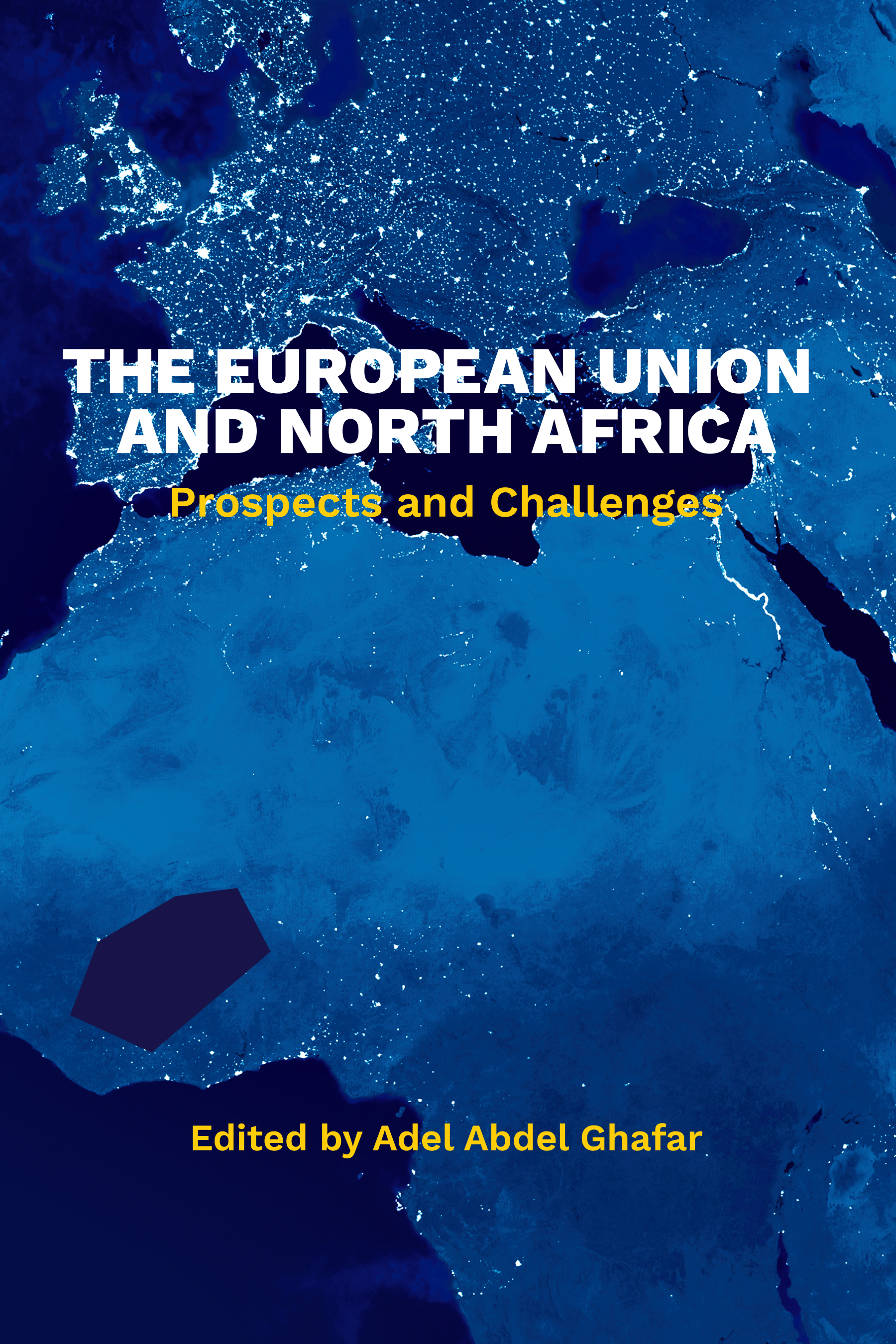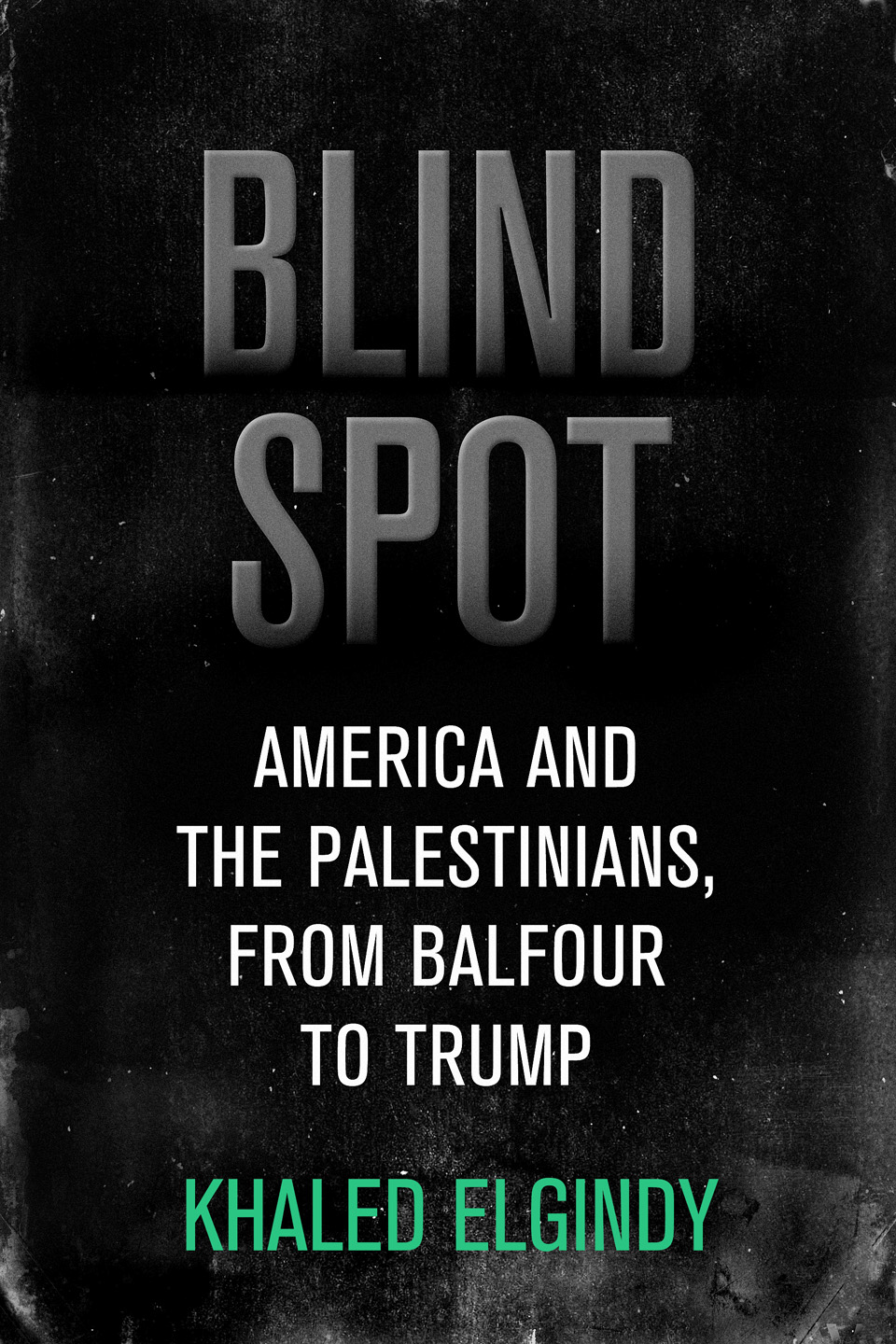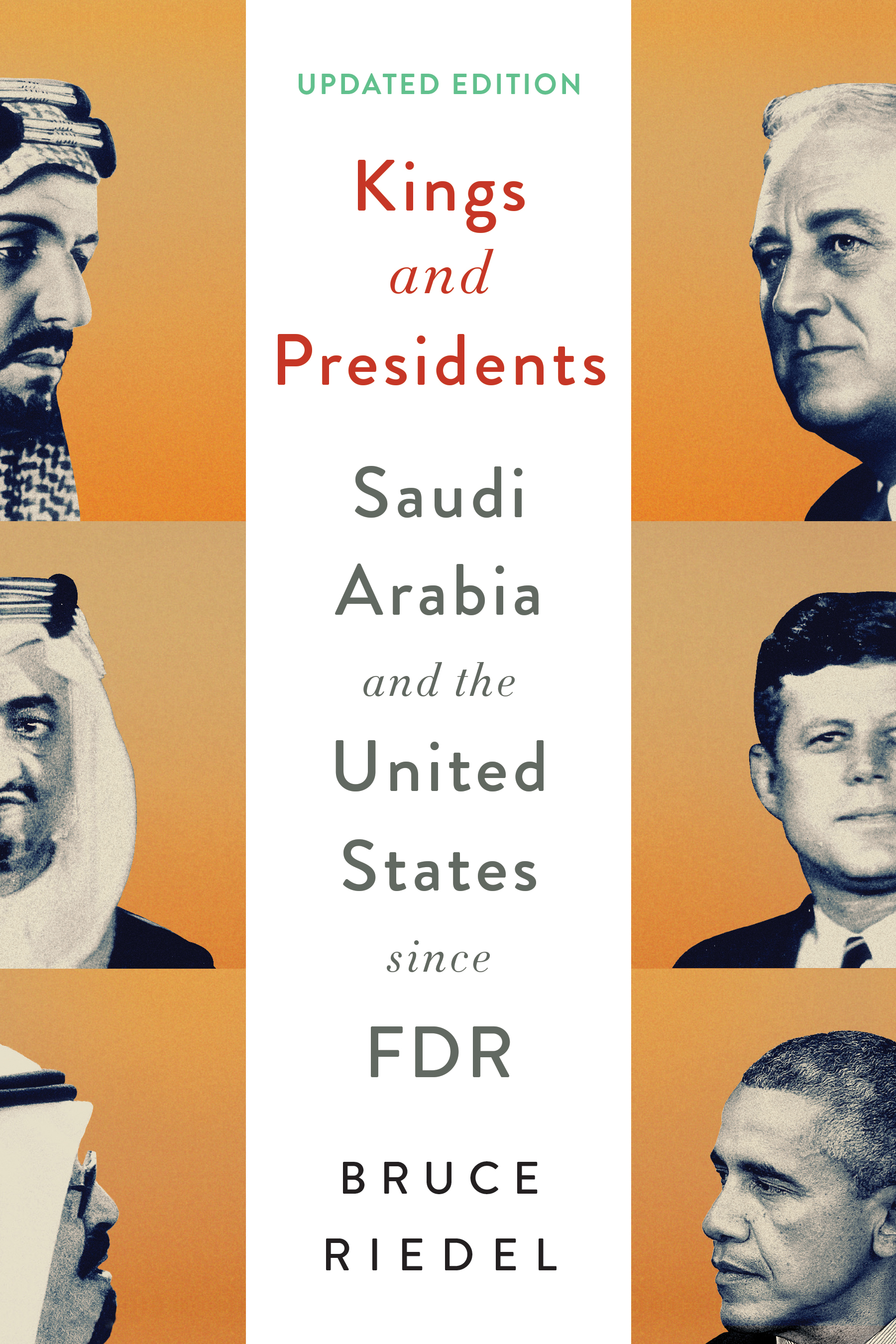While President George W. Bush insists that “America will never run,” a fierce debate is raging just below the surface of his administration over when and how America should exit from Iraq. The debate pits those who favour a massive effort to turn Iraq into a beacon of democracy for the Middle East against those who want to concentrate the US mission on defeating insurgents so American troops can return home.
Few within the Bush administration doubted the wisdom of a war against Iraq. Yet this consensus obscured a deep division over the war’s purpose. We could characterise this as a split between “democratic imperialists” and “assertive nationalists.”
Led by Paul Wolfowitz, deputy defence secretary, and neo-conservatives outside the administration, the democratic imperialists believe America can be secure only if the rest of the world is remade in America’s image. Accordingly, they favour deploying ever more US troops and spending ever more money to create a stable, democratic Iraq. Their model is postwar Germany, where a long-term military occupation and the Marshall Plan created the conditions for a free, democratic and prosperous Europe with Germany at its core.
Assertive nationalists such as Donald Rumsfeld, the defence secretary, and Dick Cheney, the vice-president, do not share this ambitious and costly vision. They believe America’s security demands, foremost, the defeat of its enemies and the elimination of the threats they pose.
After the September 11 2001 terrorist attacks, Saddam Hussein’s ties to terrorists and his appetite for weapons of mass destruction made him an un-acceptable risk. He had to go.
For assertive nationalists, the purpose of US engagement in Iraq is not to create a democratic Eden but to defeat insurgents and terrorists. Their model is Afghanistan, where a sovereign local government, backed by international peacekeeping troops, handles internal security and US troops focus solely on counter-terrorist operations.
Where does Mr Bush come down in this debate? He has occasionally used the rhetoric of democratic imperialists, notably in last week’s stirring speech before the National Endowment for Democracy. But his longstanding disdain for nation building, lacklustre interest in the reconstruction of Afghanistan and initial failure to push his subordinates to generate a plan for rebuilding Iraq all mark him as an assertive nationalist. His recent bid to speed the training of Iraq’s police and security forces to reduce America’s military presence is further evidence of this.
A continued decline in public support for Mr Bush’s Iraq policies will reinforce his preference for the Afghan rather than the German model. He is likely to move quickly to restore Iraq’s full sovereignty and transfer political power to the interim Iraqi government. A smaller US military contingent would then focus on counter-insurgency and anti-terrorism.
Such a shift in strategy could reduce the domestic political costs of the deteriorating situation in Iraq. The more focused American mission would enable US troops to retreat into well guarded compounds outside the cities, emerging only to conduct quick raids against insurgent forces. The smaller military footprint should appreciably lower the number of US casualties.
But would it serve the interests of stability within Iraq, the Middle East and the world? The example of Afghanistan is sobering. Two years after the Taliban regime was ousted, senior Taliban and al-Qaeda leaders remain at large and security is precarious everywhere but in Kabul. While a constitutional process is moving forward, the country is hardly the vibrant democracy some hoped it would become.
A more focused counter-insurgency effort in Iraq may prove more successful, if only because the US commitment to success is likely to be greater. It may thus be possible to establish some degree of stability over the next six to 12 months. But turning a society devastated by war, brutal repression, economic mismanagement and corruption and deep ethnic, tribal and religious differences into a beacon of democracy will require a far larger international effort than Mr Bush appears to have in mind.







